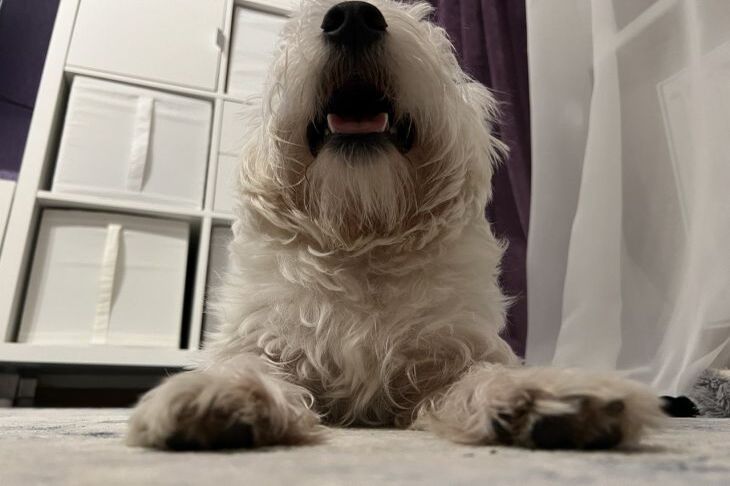Pets become full members of the family, but their activity can seriously disturb a person’s nighttime peace.
Every dog owner dreams of finding a harmonious solution to the problem of restless behavior.
Reasons for nocturnal activity
Animal behaviorists say that dog anxiety has deep psychological roots.
Lack of physical activity, stress, and age-related changes provoke disruption of the circadian rhythm.
Professional dog handlers recommend a comprehensive approach to solving the problem.

Diagnosis of behavioral problems
Careful observation of your pet can help you determine the source of your pet's nighttime restlessness.
Young dogs are more likely to suffer from excess energy, while older animals may experience discomfort due to physiological changes.
It is important to take into account the individual characteristics of each dog.
Physical activity regime
Intensive walks and active play become key elements in preparing for a good night's sleep.
Experienced dog handlers advise planning the main physical activity two to three hours before bedtime.
Properly selected loads help reduce excitability at night.
Creating a comfortable sleeping area
A properly organized sleeping place plays a key role in developing calm behavior.
A soft bed, shelter from external irritants, and a permanent place in the house help the dog feel safe.
Experts recommend using special bedding with a calming effect.
Training and teamwork
Professional dog training includes establishing clear behavioral boundaries.
The commands "place", "quiet" help control nighttime activity. Cynologists emphasize the importance of consistency and patience in the training process.
Medical aspect
Sudden changes in behavior may indicate health problems. Veterinary experts recommend regular medical checkups.
Pain and hormonal imbalances can cause anxiety at night.
Psychological comfort of the animal
The dog's emotional state directly affects the quality of its night's rest.
Stress, lack of attention, conflicts in the family can cause anxiety. Professional psychologists advise creating a calm home atmosphere.
Special sedatives
The modern market offers a wide range of drugs to reduce night activity.
Pheromone diffusers and natural sedatives help reduce anxiety.
It is important to consult with your veterinarian before use.
Alternative methods of influence
Music therapy, special recordings with calming sounds help create a comfortable environment.
Some owners practice massage and relaxation techniques for their pets. An individual approach allows finding the optimal solution.








